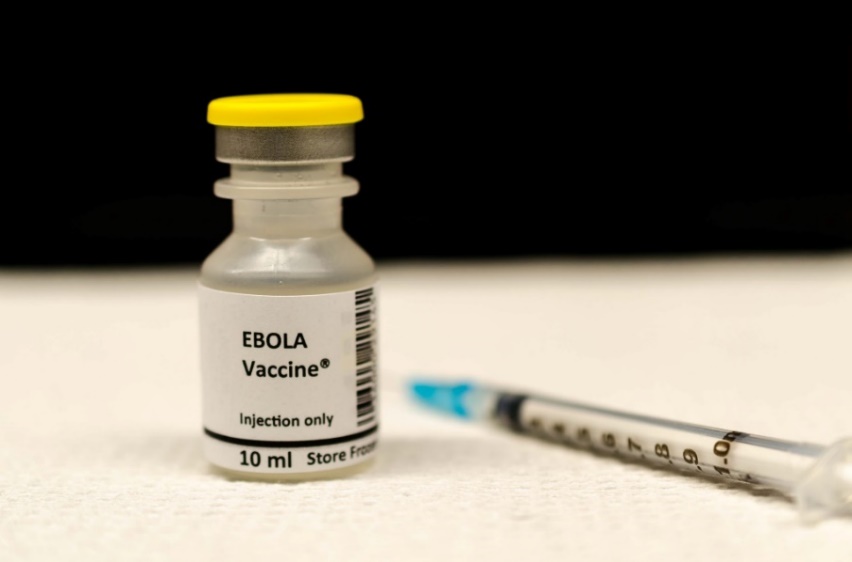How is Ebola treated? Drugs, vaccinations
However, a vaccine under development is now overcoming the last legislative hurdles.
The vaccine, called Ervebo, has been in development since the Ebola epidemic developed in West Africa in 2014.
The EU's positive decision to use it came after the European Medicines Agency (EMA) assessed the benefits and health risks of the vaccine.
The positive decision of the EU legislation was supported by the results of a clinical trial of the vaccine in the Democratic Republic of Congo.
The European Medicines Agency recommended granting a licence to the US pharmaceutical company Merck Sharp. The vaccine is reported to be approximately 96% effective in terms of antibodies in the blood.
Treatment with ebolavir is mainly symptomatic (symptom-based treatment).
Therapy consists of the administration of drugs, blood transfusions, the supply of missing fluids and oxygenation of the body. In some cases, certain types of virostatics (antivirals) are administered.
Precautions and isolation are taken for infected persons to reduce the risk of infecting others.
Even after cure, patients may have long-term health problems with internal organ involvement or various visual, hearing or digestive tract disorders.
Mortality from the virus is very high. The course of the disease in an individual depends on the age, health, general medical history and strength of the individual's immune system.











